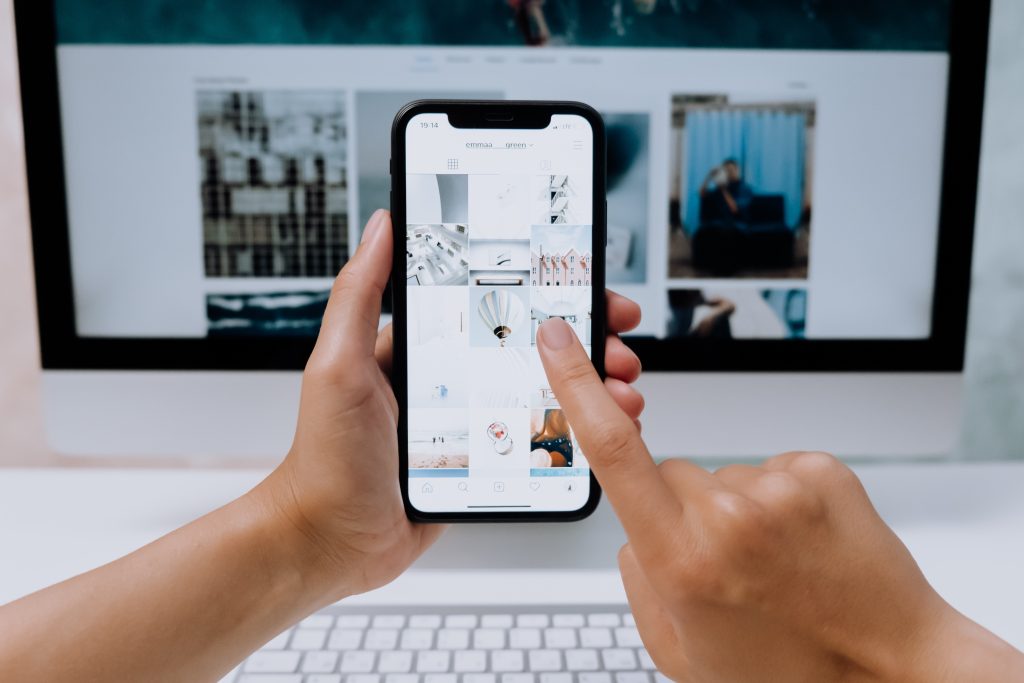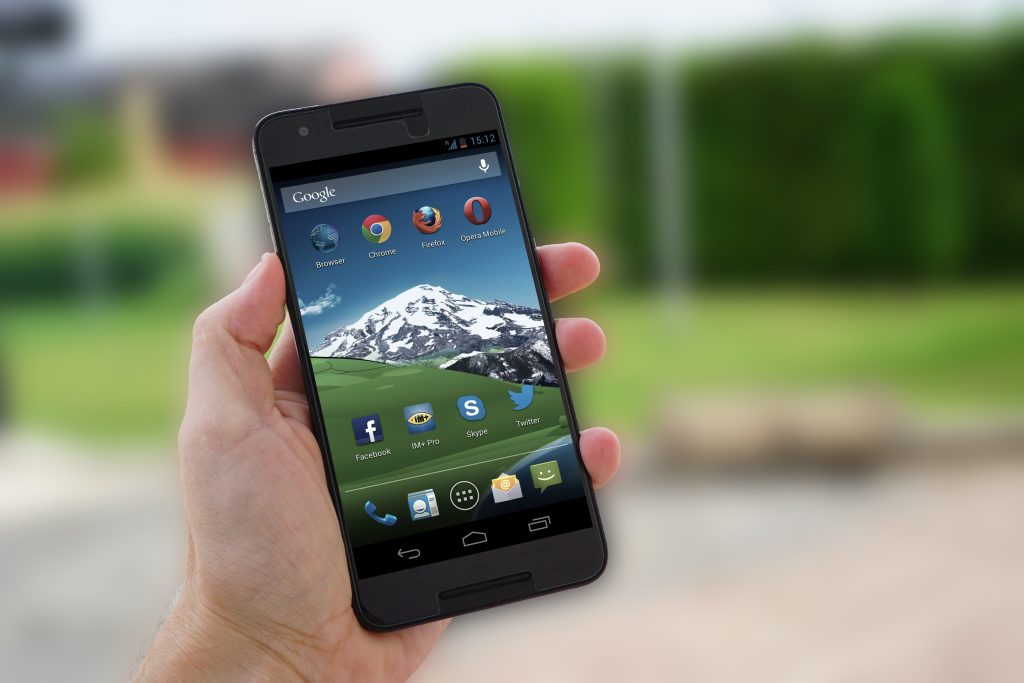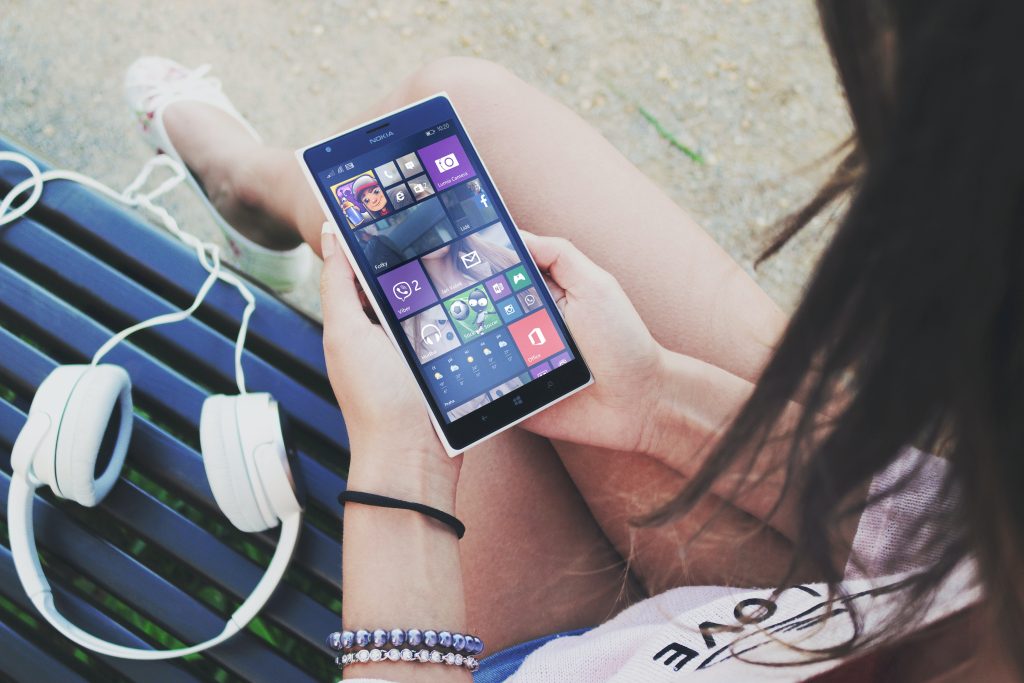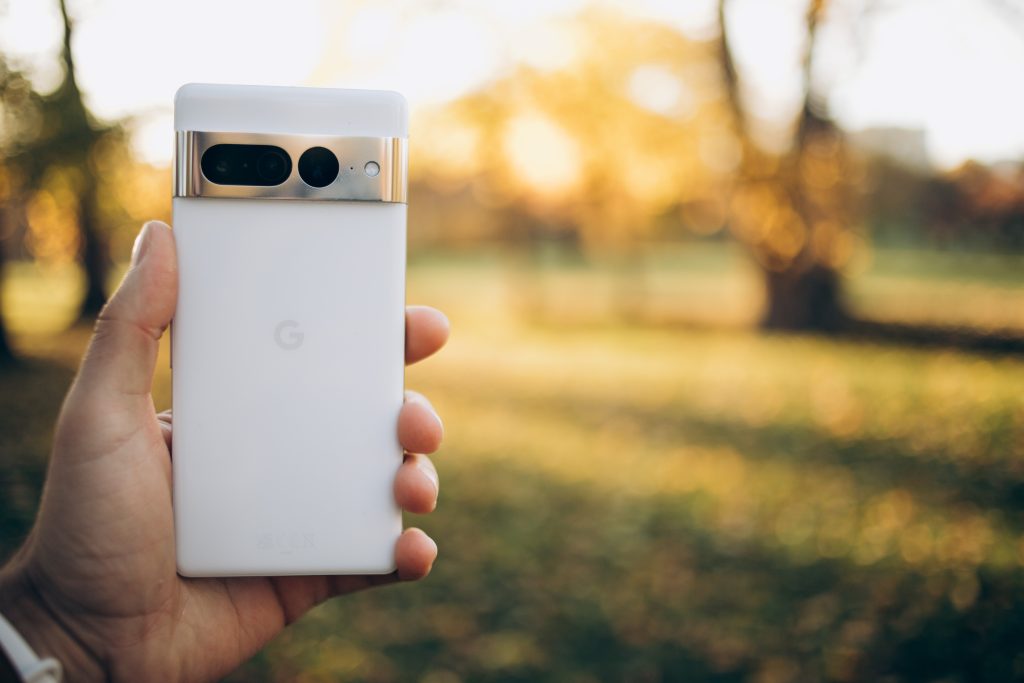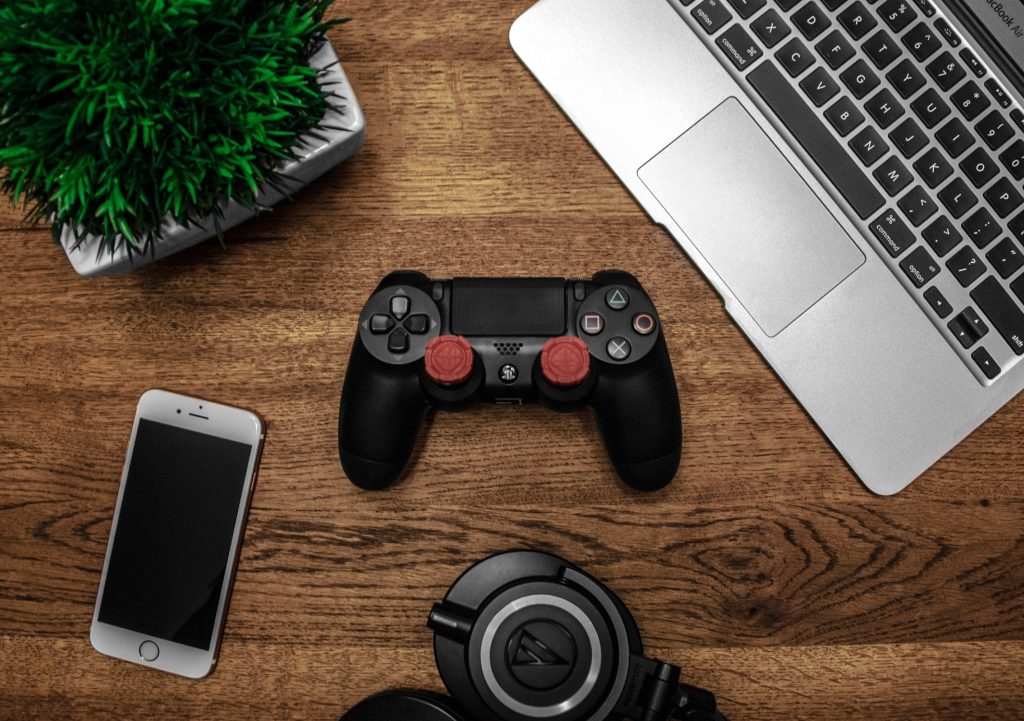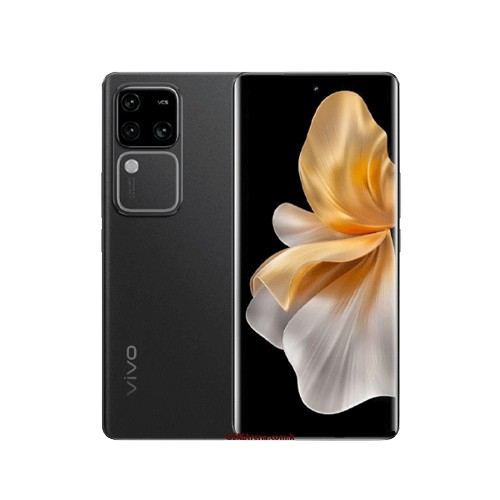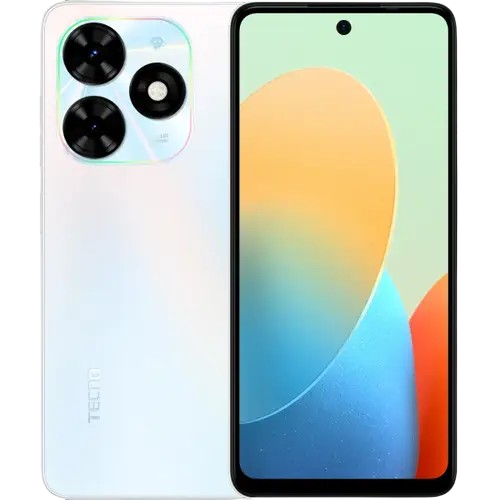Determining whether Android or iOS is the “best” choice depends on a range of factors, including personal preferences, needs, and priorities.
Android offers a diverse array of devices from various manufacturers, allowing users to choose a phone that suits their preferred design, size, and price range. The platform is known for its customization options, offering greater control over homescreen layouts, widgets, and default apps. Android’s open nature fosters a wider variety of app choices and the ability to sideload apps from sources outside official app stores.
On the other hand, iOS, the operating system that powers iPhones, is celebrated for its sleek and consistent user experience across all devices. Apple’s tight integration of hardware and software often results in smoother performance and longer software support compared to many Android devices. The App Store, curated by Apple, is renowned for its rigorous app approval process, offering a higher level of security against malicious software. Additionally, iOS users benefit from features like iMessage and FaceTime that work seamlessly across Apple devices.
Ultimately, the “best” choice between Android and iOS depends on individual priorities. Android excels in providing diverse hardware options and extensive customization, while iOS is favored for its streamlined experience, regular updates, and cohesive ecosystem. Choosing between the two is a matter of weighing the pros and cons against your specific needs and preferences.


